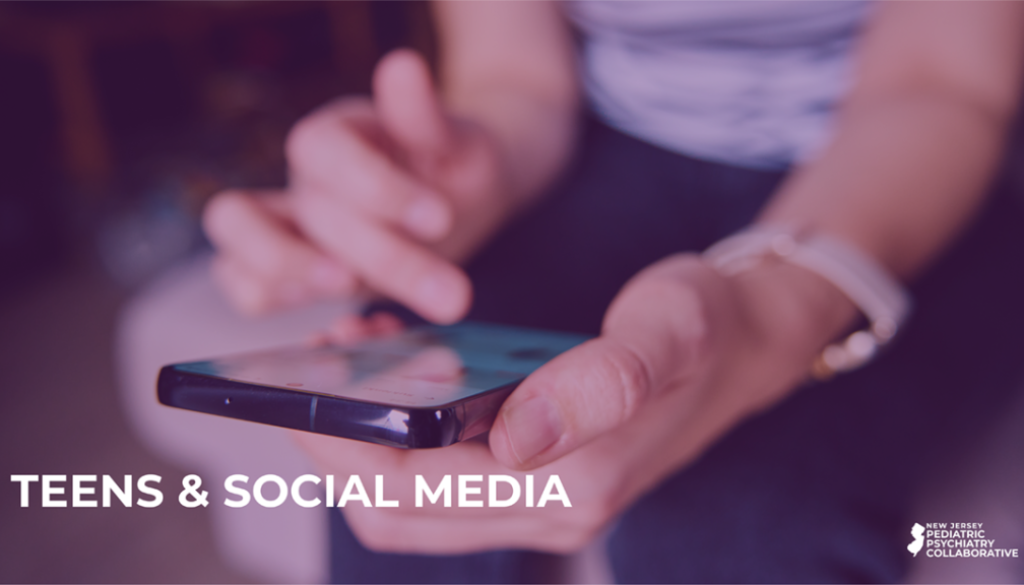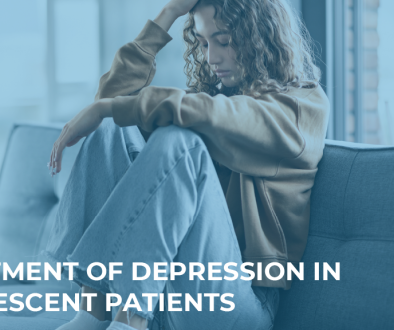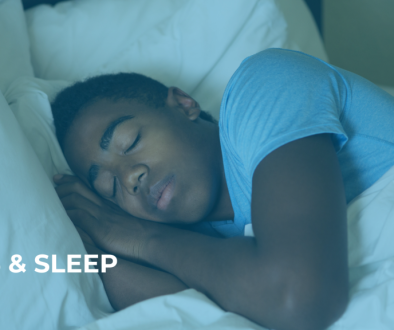Likes, Follows, and Filters: What to do about the social media impact on teens
Coauthors: Amy De Silva, MD and Thomas Priolo MD
The proportion of time kids spend on social media has increased from 55% in 2006 to 83% in 2012, with kids spending on average about 9 hours a day on social media according to research ¹. On a positive note, the advent of social media platforms have improved and influenced multiple facets of an individual’s life, from quick access to information, ability to exchange and express opinions and ideas, as well as networking and socializing. Nevertheless, we can’t forget about the negative aspects of social media use. Prolonged and unchecked use can exacerbate mental health challenges, such as anxiety and depression, as adolescents often fall into patterns of comparison or seek external validation through likes and comments ¹. Furthermore, it opens the door to cyberbullying, the exaggeration of unrealistic beauty standards, and potential exploitation by online predators. Ultimately, the impact of social media on teenagers is contingent upon the manner in which they engage with these platforms, which means we must place a strong emphasis on a mindful and balanced approach towards social media use.
Understanding a child or teen’s perspective on social media requires recognizing its central role in their social interactions, identity formation, and sense of belonging. For many teens, platforms like Instagram, Snapchat, or TikTok are not just for entertainment but are vital tools for connecting with friends, exploring interests, and expressing themselves.
However, as a parent or guardian, it’s crucial to differentiate between healthy social media use and behavior that may signal potential issues, such as withdrawal from offline activities, diminished attention to responsibilities, or negative emotional responses triggered by online interactions. Recognizing when to limit screen time involves paying attention to signs of overuse, such as sleep disruption, academic decline, or strained relationships with family and peers. If your child is misusing or overusing screen time, it is important for parents to consistently implement limits on screen time and prioritize other healthy activities. Excessive screen time can interfere with sleep, academic performance, physical activity, and social interactions, making it crucial to establish a healthy balance. To help manage screen time, parents can create and enforce clear guidelines, such as setting specific time limits for social media use and encouraging offline activities like outdoor play, or family bonding. Additionally, some third-party mobile applications help limit your child’s screen time use and provide notifications when your child exceeds their allotted screen time. These tools can provide valuable insights into your child’s digital habits, helping parents guide them toward more balanced technology use.
With the rapid influx of information social media provides, it can be worrisome knowing what types of information our children are being exposed to and whether it is safe. As providers, discussing online safety with patients and family at an early age and consistently can help kids and teens develop responsible digital habits. While the internet offers many benefits, it also poses risks like cyberbullying, privacy breeches, and exposure to inappropriate content.
As a parent, if you have a little one, try taking a hands-on approach by demonstrating how to use online platforms safely, and teaching them how to adjust privacy settings, create strong passwords, and avoid sharing sensitive information. It’s also important to teach your kids how to keep their profiles on private, to limit who can view their profile. Also, discuss responsible social media use, emphasizing that posts or pictures, even if deleted, can be stored and retrieved later. Help them understand that their digital online activity can impact future opportunities, reinforcing the importance of thinking before sharing. Ultimately, the goal is to promote responsible and mindful technology use.
Noticing the impact of social media on a teen or child’s mental health is crucial, as excessive use or negative experiences online can lead to anxiety, depression, low self-esteem, and unhealthy comparisons. Social media can negatively impact a child’s self-esteem by creating an environment of constant comparison, setting unrealistic standards, and influencing the need to seek external validation. Platforms often display curated highlights of people’s lives, leading children to compare their everyday experiences to an unrealistic portrayal of beauty, glamor, love, and happiness. This can foster feelings of inadequacy, as they may believe they are not attractive, successful, or popular as their peers. Additionally, pursuing additional features of social media like garnering likes, friends, comments, and followers can make self-worth feel dependent on external validation rather than inherent qualities. This can lead some kids to develop anxiety, depression, and self-doubt when online engagement does not meet their expectations. Sometimes kids may even be exposed to cyberbullying which can further damage confidence, reinforcing feelings of rejection or unworthiness.
Please be mindful of any abrupt or gradual changes in your child that are negatively impacting their social and occupational functioning. Keep a look out for mood swings, behavioral outbursts, crying spells, self-isolation, changes in appetite or sleep patterns, or obsession with online activity. If your child verbalizes suicidal ideations or urges to self-harm, please notify a mental health professional immediately, or dial 988 for mobile crisis services, which is a team of mental health technicians who are trained in de-escalating a crisis and can provide onsite support. Also seek guidance from a mental health professional such as a psychiatrist who is a medical doctor trained in diagnosing and treating mental health disorders, or a counselor or therapist for additional mental health support for your child.
Co-Authors Profile:

Amy De Silva, MD
Child & Adolescent Psychiatric Fellow
Trustee-at-Large, New Jersey Psychiatric Association

Dr. Thomas Priolo
Medical Director, Child & Adolescent Consult & Liaison Psychiatry
Assistant Program Director, Child & Adolescent Psychiatry
Child & Adolescent Psychiatrist Urgent Care with Behavioral Health
References
¹ Gallagher, S. M. (2017). The influence of social media on teens’ self-esteem. Rowan University.




